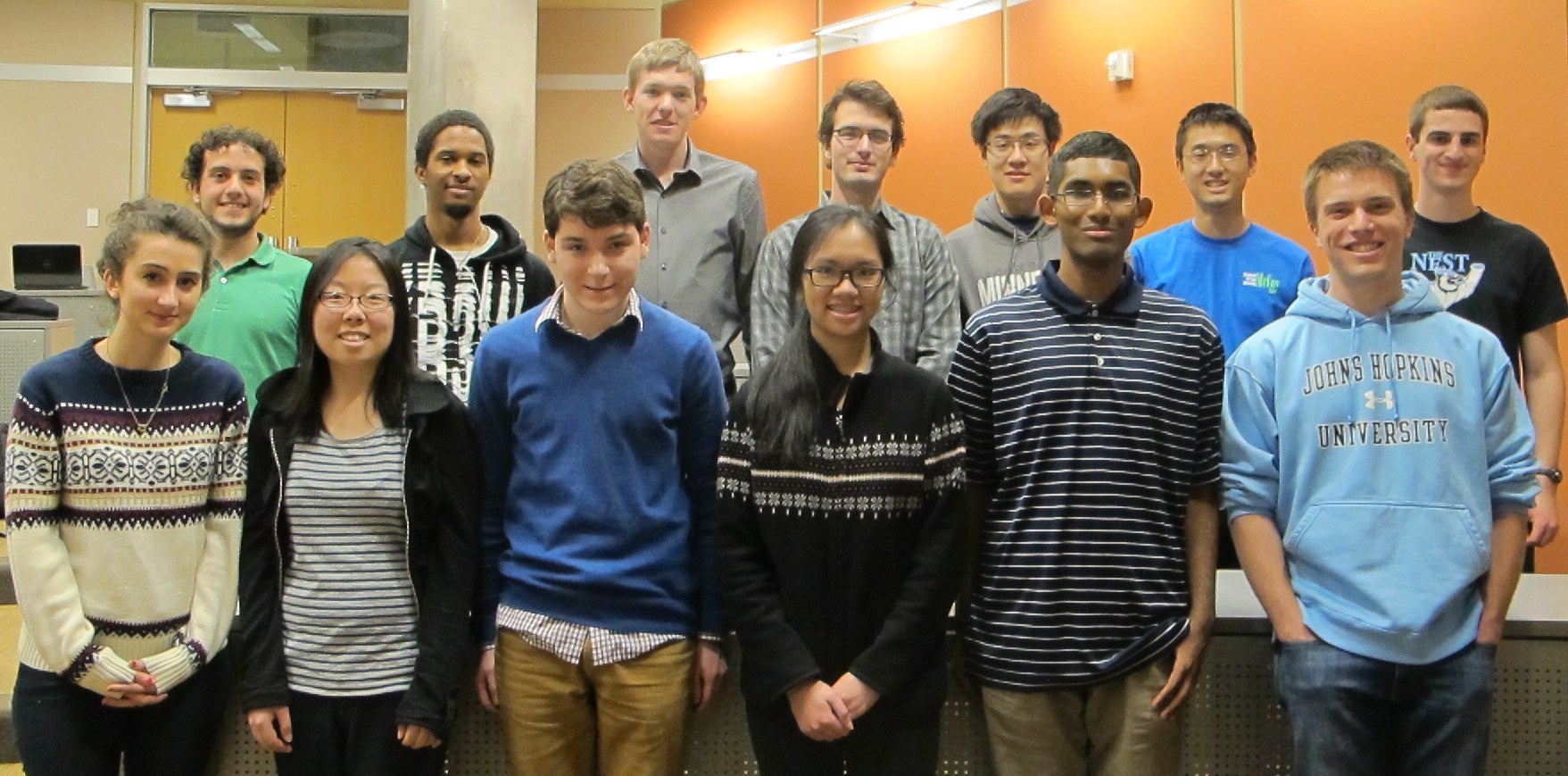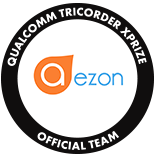

Aezon
About Us
We check the news. We check the weather. We check our texts; we check our Tweets. Our email. Facebook. Amidst this wealth of information, we don’t check our bodies. With medical providers around the globe taxed for resources, we need to start taking charge of our own health. The Qualcomm Tricorder X Prize is making that happen. By bringing together the best minds in the industry to compete to solve this problem, the Prize is promoting the most innovative solutions that bring healthcare home. That’s great news—for consumers, for industry, for medicine—for everyone.
TECH INFORMATION
Hardware prototypes have been created for the parts of the system that monitor vital signs as well as the parts that process biosamples. A first version of the user interface smart phone application has been created. Development continues to streamline user instruction, data transmission, and integrate additional diagnostics.
ABOUT TEAM LEADER
Tatiana Rypinski is a biomedical engineering student at Johns Hopkins University, currently working with the Center for Bioengineering Innovation and Design. Previously, she has worked with the Johns Hopkins Center for Imaging Science as well as the Johns Hopkins Center of Educational Outreach. She has a background in robotics and has worked in prosthetic design.
TEAM BIO
Aezon was founded by Johns Hopkins students in September 2012 with the intent to tackle the challenges outlined in the Qualcomm Tricorder XPRIZE.